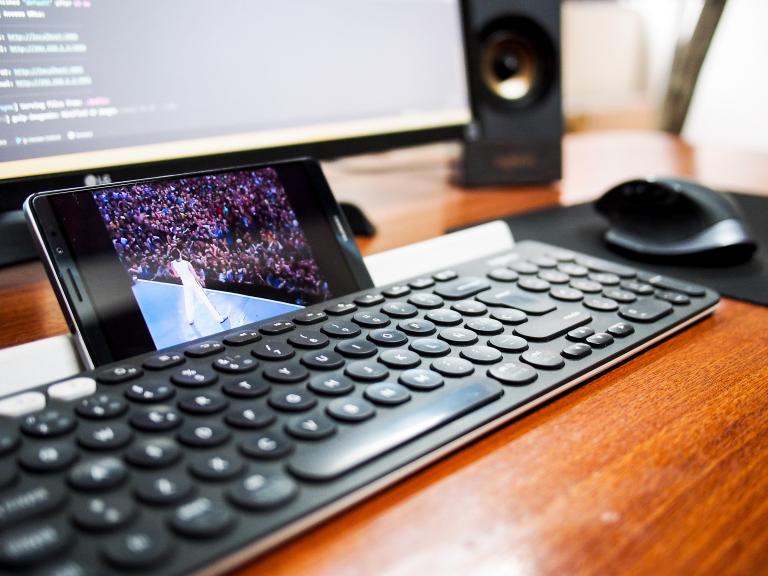There are few things humans do quite as well as distraction. We set out to do something. But a new thought comes into our head. A friend stops by our office. We start to second-guess ourselves. The knot in the pit of our stomach tells us we’re going to fail and make a fool of ourselves. We see something easier. A bell or whistle or YouTube video covers some base desire that masks a base need.

Distraction is not all bad. Sometimes the best opportunities and relationships are the result of distraction. So how do we discern between good and bad distractions? And why do we let ourselves get clearly distracted?
The simple answer is that life is hard. And distractions can be an escape. It is a way of not dealing with the significant challenges of life. We want to play, not work. We want things to be easy, not hard. We want to be safe, comfortable, happy. And while purpose is the ultimate path to those things, we don’t want to do the hard work to get there, and so, we take a small illusion rather than intentionally pursue the real thing.
Kinds of Distractions
There are all sorts of ways we get distracted. We believe lies. Mostly, about a shorter, quicker, less risky, easier way. We let ourselves be confused. After all, we’re not really sure what we should be doing anyway. And we give up. We aren’t committed to anything and so will take the path of least resistance, wherever it may lead.
We are so easily distracted because we have such a poor idea of where we are going. I’ve been reading a lot of history books over the last few years. And some of history’s most prolific success stories are simply people who know what they truly want and go after it with tenacity.
But most of us don’t know what we want. We don’t feel like we have a true dream or desire, at least not a realistic one. We want to be intentional, but just haven’t found anything worth committing to.
Discerning Distraction
As I said above, there are good kinds of distractions. If we’re so easily distracted in the negative direction, it necessitates right-distractions to get us back on course. Like when a coworker comes in and asks about a project due. Or your spouse interrupts your phone-gazing and asks a question that spurs discussion and connection.

The simple way to know the difference is to name a vision. Really, it is the only way. We are lost, confused, and floundering without a vision. To be honest, we’re kind of lost and confused no matter what – that’s part of being human. But a vision helps alleviate some of the confusion and it can even help make the confusion purposeful. To be sure, we often avoid vision (and let ourselves be negatively distracted) because we are waiting for a vision that will fall into our laps and solve all our problems. But there is no shortcut. Life is tough. Vision is not about ease but purpose, And as strange as it may sound, our confusion can be purposeful if it is inquisitive rather than apathetic.
When we name a vision, we have a guiding light. We have a measuring stick. When our spouse interrupts or our coworker walks in or a viral video pops into our inbox, we can ask ourselves about how the potential distraction serves our vision.
Distractions can be an invitation into system two. They can also be an endless cycle of meaningless drivel, blowing us back and forth like the waves of the sea. Too many of us are being dragged along the shoreline, further and further from the life we desire, by the undertow of distraction. It is time to be intentional. It is time to set and pursue a vision for your life.












